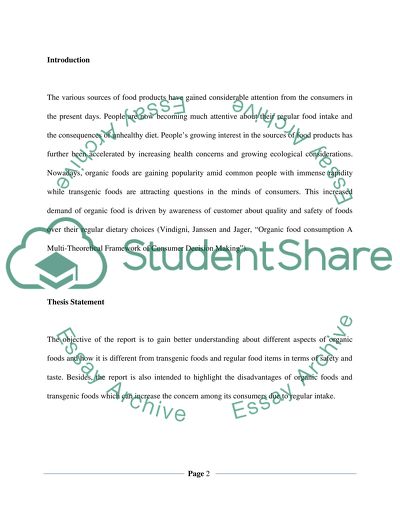Cite this document
(“Organic Food Essay Example | Topics and Well Written Essays - 1750 words - 1”, n.d.)
Retrieved from https://studentshare.org/health-sciences-medicine/1475122-organic-food
Retrieved from https://studentshare.org/health-sciences-medicine/1475122-organic-food
(Organic Food Essay Example | Topics and Well Written Essays - 1750 Words - 1)
https://studentshare.org/health-sciences-medicine/1475122-organic-food.
https://studentshare.org/health-sciences-medicine/1475122-organic-food.
“Organic Food Essay Example | Topics and Well Written Essays - 1750 Words - 1”, n.d. https://studentshare.org/health-sciences-medicine/1475122-organic-food.


